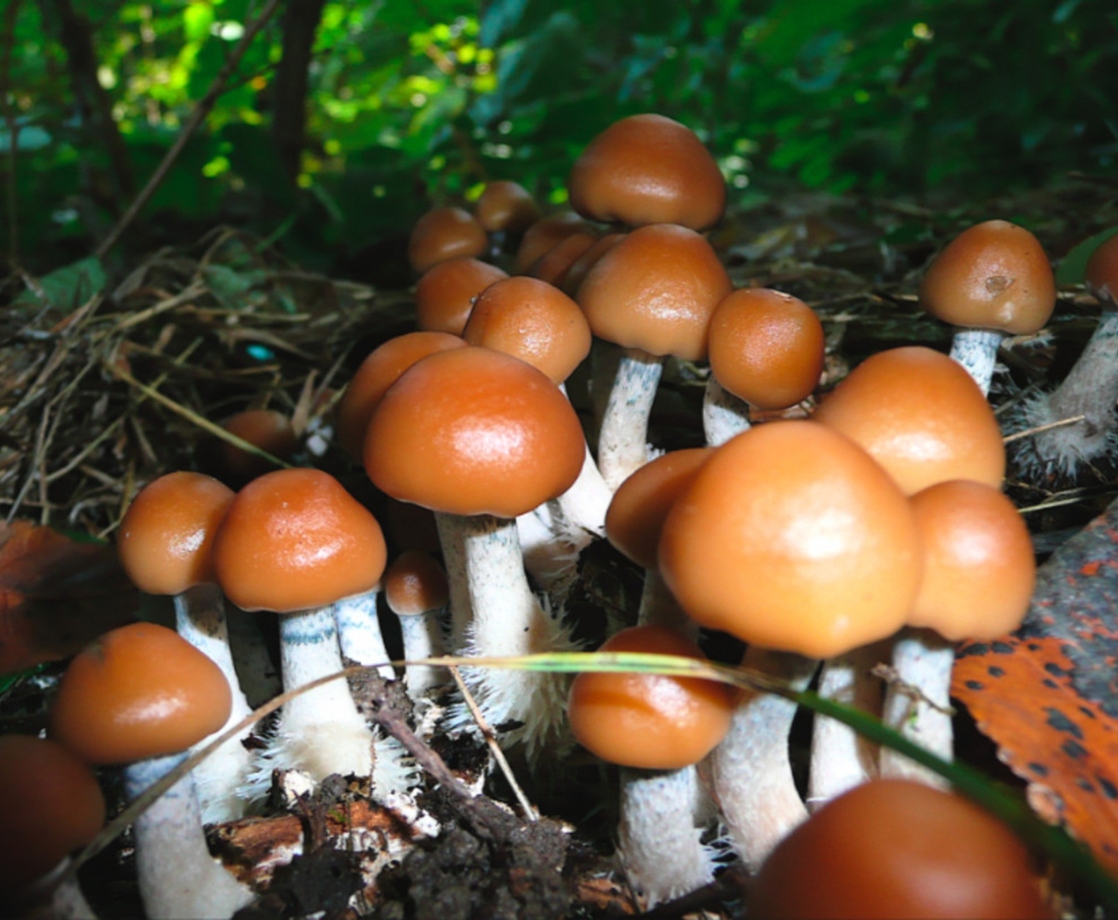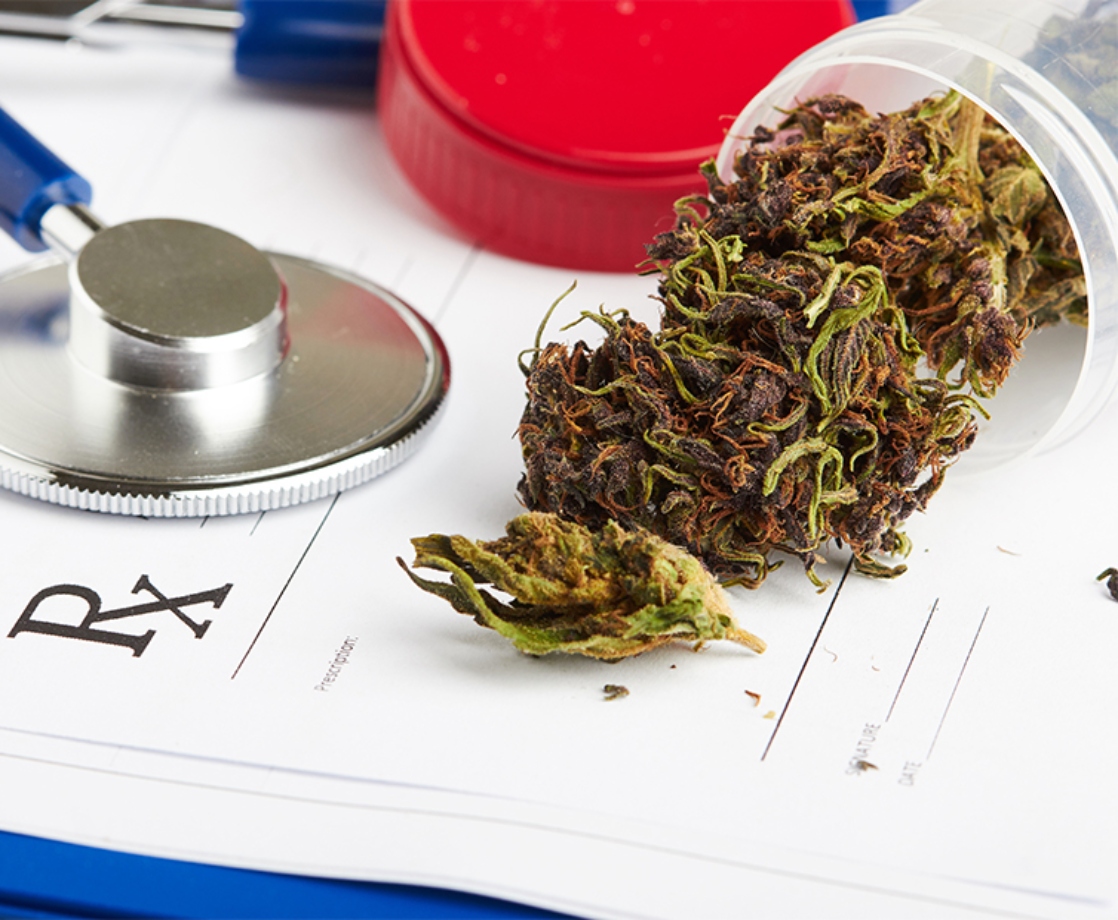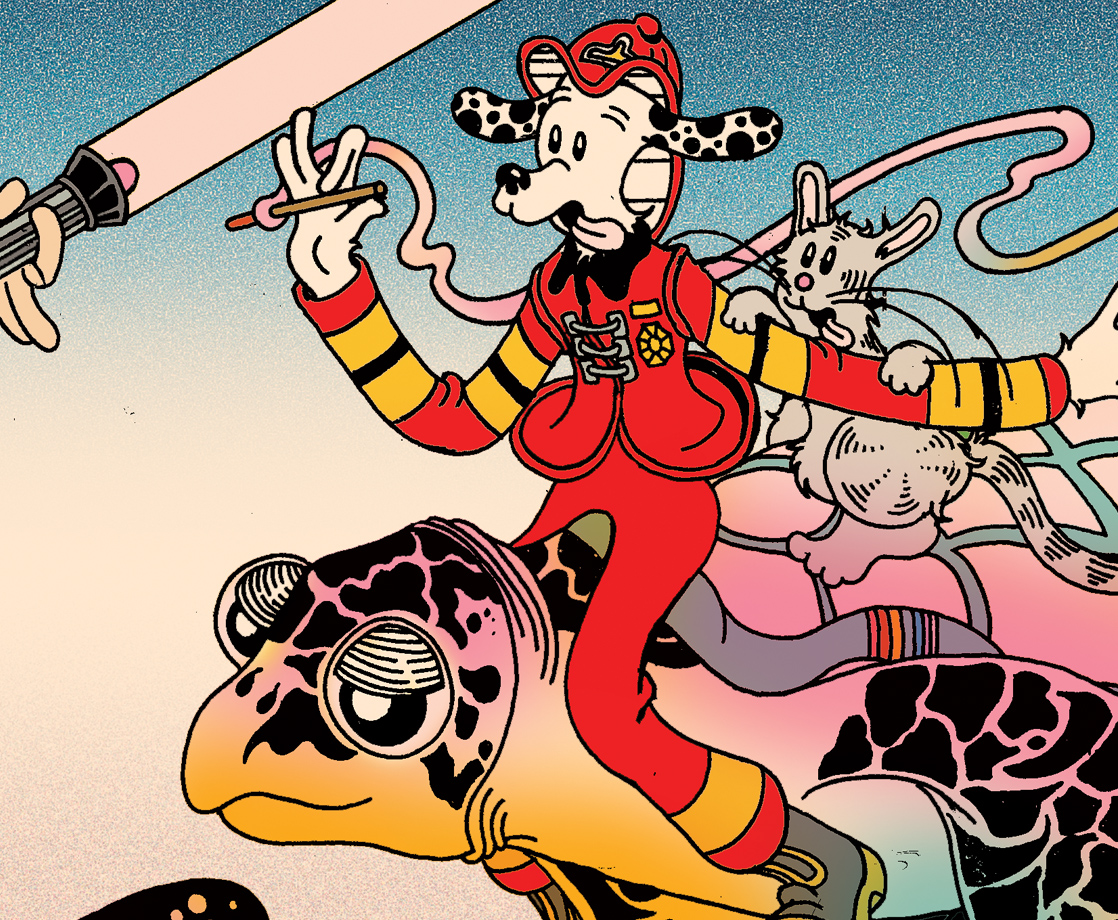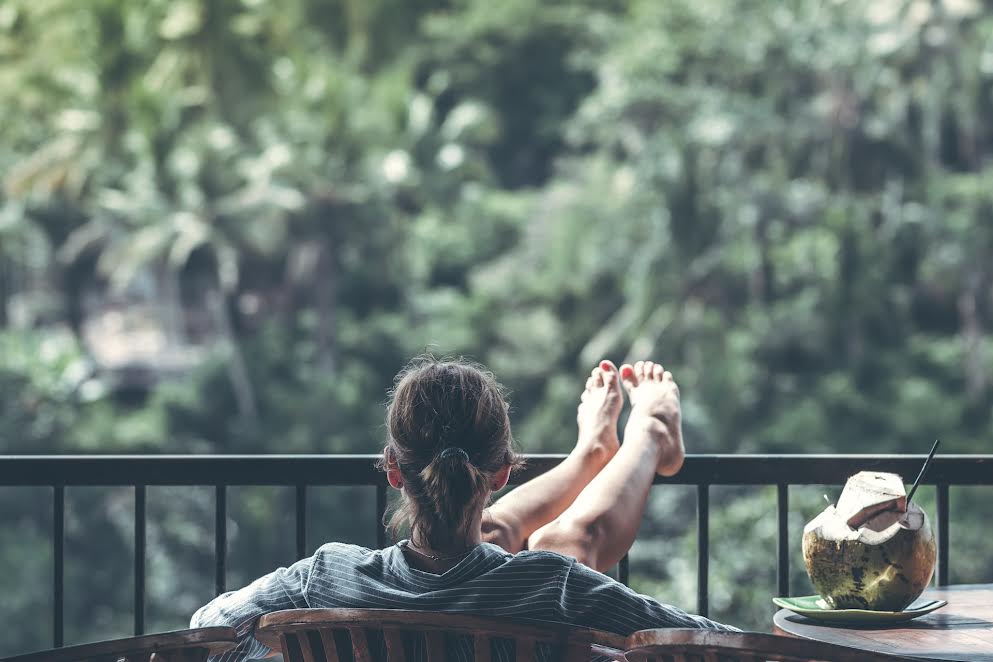America is currently in the throes of a psychedelics renaissance, as a growing number of scientists begin to accept the therapeutic potential of illegal drugs such as MDMA, ketamine, LSD, and magic mushrooms. It’s no surprise that liberal states like California and Colorado are at the forefront of this revolution, but researchers in Texas have just joined a nationwide effort to explore the efficacy of psilocybin-assisted therapy.
Researchers from The University of Texas Health Science Center at Houston (UTHealth) are currently recruiting subjects for a new Phase II clinical study that will test whether psilocybin can help relieve treatment-resistant depression.
Over the past decade, researchers have found that psilocybin-assisted therapy can help patients overcome depression, as well as anxiety connected with terminal illness. A study from 2012 found that psilocybin can help create new circuits in the brain, while closing down other pathways linked to depression. Researchers now understand that the body breaks psilocybin down into a compound called psilocin, which is known to affect the brain’s mood-regulating serotonin system.
“It is a medication that can change or alter perceptions, cognition, thinking, and how minds see the environment,” said Sudhakar Selvaraj, MD, PhD, assistant professor at the Faillace Department of Psychiatry and Behavioral Sciences at McGovern Medical School at UTHealth, in a statement.
“This therapy, if it works, could help at least a portion of people get relief from their depression and get back to day-to-day life. It is not a drug that’s given to someone and then you just wait and see what happens. The therapists guide the patients through the experience after the administration of the medication.”
Gallery — Shrooms and Weed Are All You Need:
To qualify, participants must be Houston area residents between the ages of 18 to 55 who have been diagnosed with treatment-resistant depression. Subjects will be given a single dose of the medication, at a randomly selected dosage of 25mg, 10mg, or 1mg. Neither patients nor doctors will know which dosage patients have received.
After taking the psilocybin dose, patients will relax in a treatment room specifically designed to look like a living room in a comfortable home. Patients will be supervised by two therapists for eight hours after taking the dose. All subjects will fill out a questionnaire that measures depression symptoms on the day before the trial as well as the day after. Subjects will also be asked to fill out this questionnaire 1, 3, 6, 9, and 12 weeks after the trial to determine if the therapy is successful in the long term.
Psilocybin, the active ingredient in magic mushrooms, remains classified as a Schedule I drug, but the Food and Drug Administration (FDA) has granted this psychedelic Breakthrough Therapy status based on the strength of previous studies. This status allows institutions to conduct clinical trials using these otherwise-prohibited drugs. If these trials are successful, the agency could eventually legalize psychedelic-assisted therapy.
The Houston study is one of many FDA-approved clinical trials now researching the therapeutic potential of psilocybin. Researchers from the Johns Hopkins Psychedelic Research Unit are also recruiting subjects for a new trial to determine if psilocybin can treat anorexia and other eating disorders. Meanwhile, activists have been fighting to legalize psilocybin-assisted therapy in Oregon, Colorado, and California.











